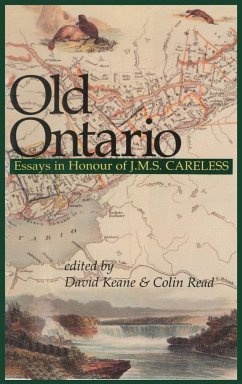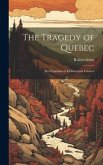We always speak of Canada as a new country. In one sense, of course, this is true. The settlement of Europeans on Canadian soil dates back only three hundred years. Civilization in Canada is but a thing of yesterday, and its written history, when placed beside the long millenniums of the recorded annals of European and Eastern peoples, seems but a little span. But there is another sense in which the Dominion of Canada, or at least part of it, is perhaps the oldest country in the world. According to the Nebular Theory the whole of our planet was once a fiery molten mass gradually cooling and hardening itself into the globe we know. On its surface moved and swayed a liquid sea glowing with such a terrific heat that we can form no real idea of its intensity. As the mass cooled, vast layers of vapour, great beds of cloud, miles and miles in thickness, were formed and hung over the face of the globe, obscuring from its darkened surface the piercing beams of the sun. Slowly the earth cooled, until great masses of solid matter, rock as we call it, still penetrated with intense heat, rose to the surface of the boiling sea. Forces of inconceivable magnitude moved through the mass. The outer surface of the globe as it cooled ripped and shrivelled like a withering orange. Great ridges, the mountain chains of to-day, were furrowed on its skin. Here in the darkness of the prehistoric night there arose as the oldest part of the surface of the earth the great rock bed that lies in a huge crescent round the shores of Hudson Bay, from Labrador to the unknown wilderness of the barren lands of the Coppermine basin touching the Arctic sea. The wanderer who stands to-day in the desolate country of James Bay or Ungava is among the oldest monuments of the world. The rugged rock which here and there breaks through the thin soil of the infertile north has lain on the spot from the very dawn of time. Millions of years have probably elapsed since the cooling of the outer crust of the globe produced the solid basis of our continents.
Hinweis: Dieser Artikel kann nur an eine deutsche Lieferadresse ausgeliefert werden.
Hinweis: Dieser Artikel kann nur an eine deutsche Lieferadresse ausgeliefert werden.

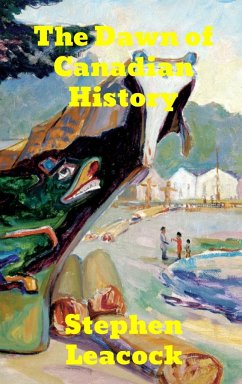

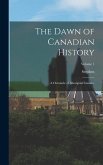

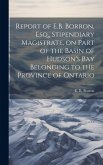
![Ontario County Gazetteer and Canadian Cyclopaedia [microform]: [containing Historical Sketches of Ontario and the Dominion of Canada] Ontario County Gazetteer and Canadian Cyclopaedia [microform]: [containing Historical Sketches of Ontario and the Dominion of Canada]](https://bilder.buecher.de/produkte/65/65534/65534426m.jpg)
